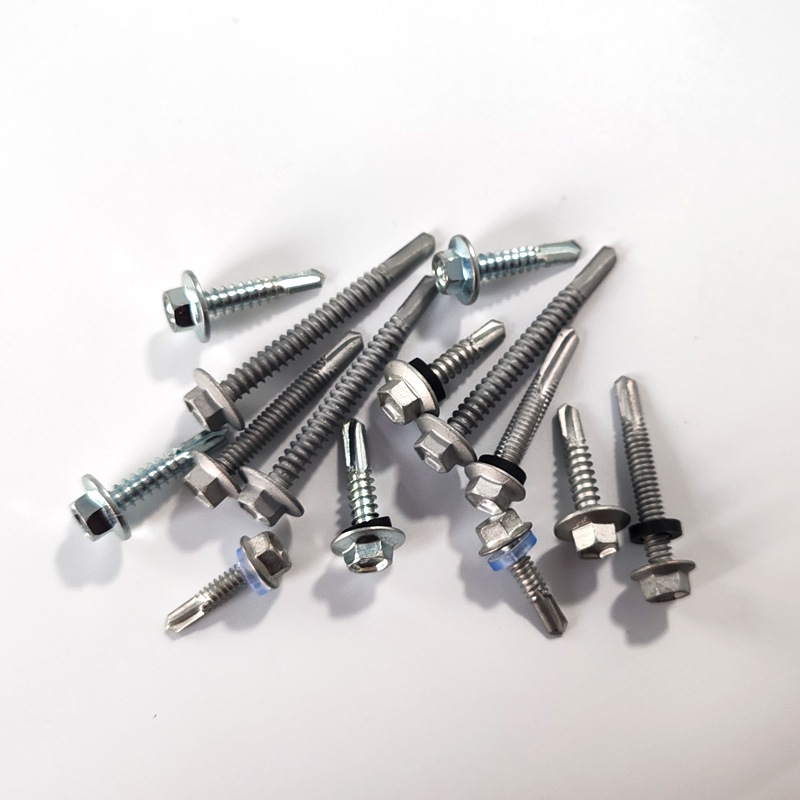resin anchors for blockwork
Resin Anchors for Blockwork An Effective Solution for Construction
In the world of construction and structural engineering, the significance of reliable anchoring systems cannot be overstated. Among various anchoring solutions, resin anchors have gained prominence for their versatility and strength, particularly when it comes to blockwork applications. This article explores the benefits, applications, and installation procedures of resin anchors for blockwork, providing valuable insights for builders, engineers, and DIY enthusiasts alike.
What Are Resin Anchors?
Resin anchors are a type of mechanical fastening system that utilizes a two-part epoxy or polyurethane resin to bond fixtures to masonry or concrete substrates. The system consists of a resin cartridge and a hardener, which upon mixing and curing, form a strong and durable bond. This technology allows for the creation of high-strength anchor points that can withstand significant loads and stresses, making them ideal for various construction projects.
Advantages of Resin Anchors in Blockwork
1. High Load Capacity One of the most compelling benefits of resin anchors is their ability to support heavy loads. The chemical bonding properties of resin create a grip that surpasses traditional mechanical anchors, making them suitable for applications like securing heavy machinery, structural supports, and wall-mounted fixtures in blockwork.
2. Minimal Expansion Pressure Traditional anchors often expand within the host material, which can lead to cracking or damage, especially in brittle materials like concrete blocks. Resin anchors, on the other hand, exert minimal expansion pressure, reducing the risk of structural failures and ensuring the integrity of the blockwork.
3. Versatility Resin anchors can be used in a variety of substrates, including concrete, brick, and blockwork. This versatility allows contractors to use a single anchoring solution for different materials, streamlining the construction process.
4. Corrosion Resistance Unlike metal anchors that may corrode over time, resin anchors are typically designed to withstand exposure to moisture and chemicals. This property enhances their longevity, especially in challenging environments where metal fasteners may fail.
5. Easy Installation The installation of resin anchors is straightforward. The user drills a hole in the substrate, injects the resin, and then inserts the anchor. This simplicity not only saves time but also makes it feasible for both professional contractors and DIY enthusiasts.
Applications in Blockwork
Resin anchors are widely employed in various applications involving blockwork
. Common uses includeresin anchors for blockwork

- Mounting applications Hanging heavy shelves, cabinets, and fixtures securely onto block walls. - Structural installations Supporting beams, columns, or other structural elements during construction. - Electrical installations Securing electrical equipment and conduits in commercial and industrial settings. - Safety features Installing safety barriers and handrails where structural integrity is critical.
Installation Process
To ensure optimal performance, proper installation of resin anchors is essential. Here is a step-by-step guide
1. Select the Right Anchor Choose a resin anchor that matches the load requirements of your application and the type of blockwork being used.
2. Drill the Hole Use the appropriate size drill bit to create a hole in the blockwork. Ensure the hole is clean and free from dust and debris.
3. Prepare the Resin Mix the resin and hardener according to the manufacturer’s instructions. It's crucial to use the right proportions for effective bonding.
4. Inject the Resin Fill the hole with resin, ensuring adequate coverage for the anchor.
5. Insert the Anchor Immediately insert the anchor into the resin-filled hole and twist slightly to ensure proper distribution of the resin around the anchor.
6. Cure Time Allow the resin to cure as per the manufacturer's guidelines before applying any load.
Conclusion
Resin anchors are an exceptional choice for blockwork applications, offering high load capacities, ease of installation, and durability. Their unique properties make them suitable for a wide range of construction needs, ensuring that structures remain secure and reliable over time. As the construction industry continues to evolve, resin anchors will undoubtedly remain a vital component in the toolkit of builders and engineers.
-
Weatherproof Plastic Expansion Anchors for OutdoorNewsJun.06,2025
-
Sustainability in the Supply Chain: Eco-Friendly TEK Screws ProductionNewsJun.06,2025
-
Load-Bearing Capacity of External Insulation FixingsNewsJun.06,2025
-
Double Head Bolts: Enhancing Efficiency in Industrial MachineryNewsJun.06,2025
-
Corrosion Resistance in Chipboard Screws: Coatings for Wholesale DurabilityNewsJun.06,2025
-
Butterfly Toggle Bolts : Enhancing Structural ResilienceNewsJun.06,2025
